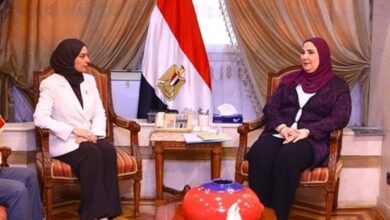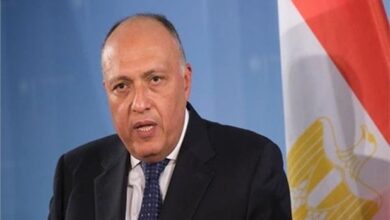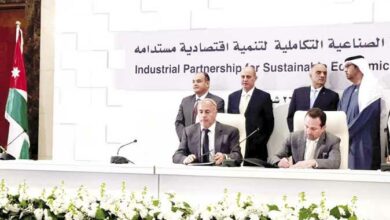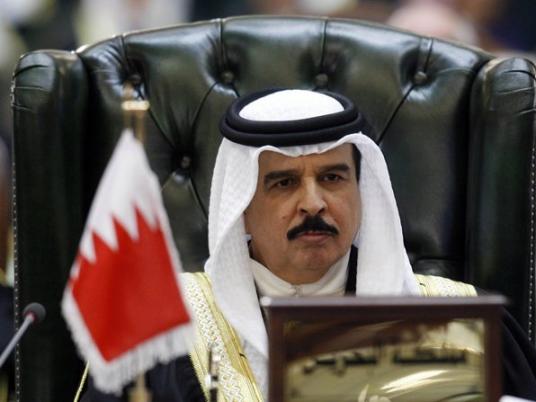Dubai – Just days before Bahrain’s Sunni rulers hope to open talks with the Shia opposition they crushed, the country’s most powerful pro-reform bloc is asking supporters a pivotal question: Whether to join or snub the dialogue.
Already, the leaders of the Shia political group Al-Wefaq have appeared to show their leanings – questioning how reconciliation efforts, pushed by the US, can proceed while authorities still impose rigid security measures and hold trials linked to the Shia-led campaign for greater rights.
Now the question of whether to participate in the government-arranged dialogue beginning Saturday is being debated in town hall-style meetings around the strategic Gulf island nation, home to the US Navy’s 5th Fleet.
Much hangs on the outcome.
The absence of Wefaq would be a severe blow to the credibility of the talks and reinforce the sense that Bahrain is still deeply wounded after more than four months of unrest. Wefaq is the leading political voice for Shias – about 70 percent of Bahrain’s 525,000 people – and held 18 seats in the 40-member parliament before a mass resignation to protest the violence against demonstrators.
It also would sting Washington, which has publicly backed the talks as the only option to calm tensions in one of its main Gulf military allies. At the same time, the US is under growing pressures to take a harder line against Bahrain’s ruling dynasty, which claims that Shia power Iran has a role in the protests.
At least 31 people have died since February when Bahrain’s Shias – inspired by uprisings elsewhere in the Middle East – started a campaign for greater freedoms and an end to the Sunni hold on power.
Hundreds of Shiite opposition supporters and leaders have been arrested or dismissed from state jobs and universities.
Last week, eight prominent opposition activists were sentenced to life in prison. On Monday, 28 doctors and nurses faced charges of taking part in the protests and spreading “false news” – which is seen as a reference to talking to foreign media.
“It’s not a good atmosphere,” said Ali Salman, the leader of Wefaq, who suggested Bahrain’s rulers are seeking dialogue to improve the country’s image as safe again for tourism and foreign investors.
“They picked a date, they sent out invitations and they decided on the agenda,” Salman said. “We feel that even the result of this dialogue has already been determined. That is a bad sign.”
Muneera Fakhro, a Sunni politician who is leading the secular Al-Waad party at the talks, said the entire effort would be futile without Wefaq.
“If they don’t come, then with whom will the government talk in the opposition?” she said.
Even the distribution of seats points to a possible Wefaq protest boycott. Just five of the 300 seats in the talks have been set aside for Wefaq even though they represented about 60 percent of voters in parliament elections last year. Many other seats have gone to government-allied civic groups, political societies and business representatives.
A 37-year-old engineer, who was fired from his job at a state-run company for protesting, suggested Wefaq and any other opposition party would risk losing support if it participated in the dialogue.
“We don’t trust this government, as it never cared about its own people and always broke promises,” said the engineer, who spoke on condition his name be withheld for fear of reprisals.
Still, Salman said his group will not say “no” to dialogue lightly. Currently, party representatives are meeting with supporters around Bahrain to gauge Shia views, he said.
“It’s not an easy decision,” Salman said. “We try to do our best, but we don’t hold the key to all solutions and there are a lot of bad sentiments in the community.”
The US had urged King Hamad bin Isa al-Khalifa’s regime to meet some opposition demands. It also expressed concern about the severity of the sentences and the use of military-linked security courts against protesters.
But Washington has taken little action against Bahrain’s monarchy for the harsh crackdown, which was backed up by a Saudi-led military force that came to the aid of Bahrain’s rulers in March.




